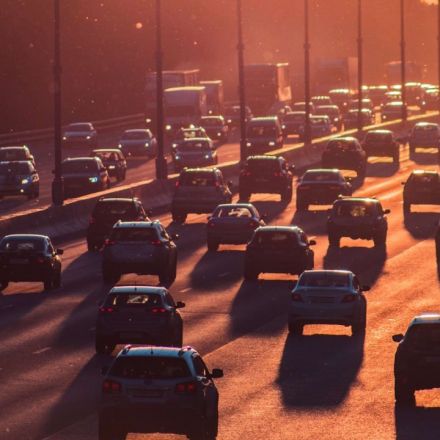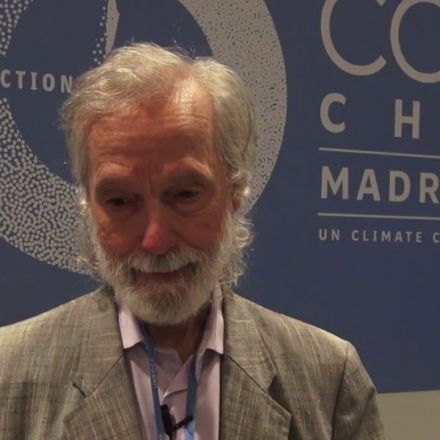
Friday, 31 January 2020
The Spine of San Francisco Is Now Car-Free
Thursday, 30 January 2020
Cigarette butts are polluting the ocean more than plastic straws — so why not ban these?
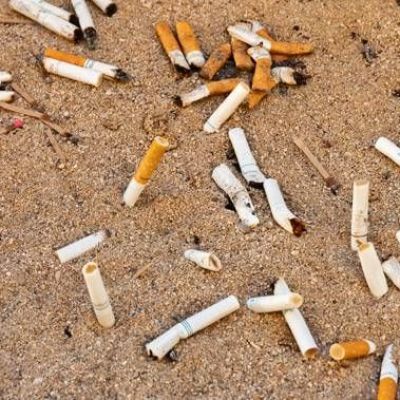
Wednesday, 29 January 2020
Pacific Ocean’s rising acidity causes Dungeness crabs’ shells to dissolve
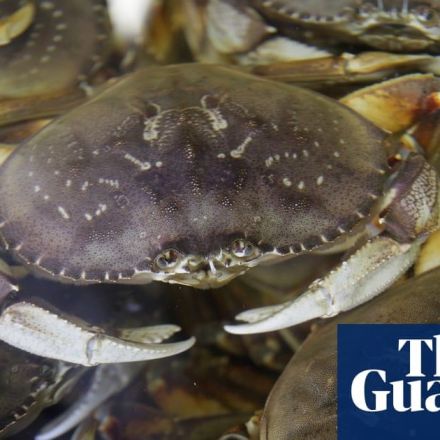
Global heating may lead to wine shortage
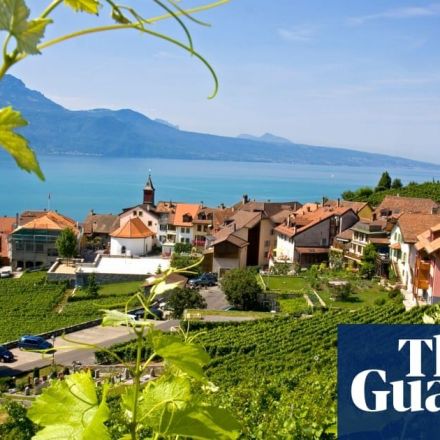
Climate change could damage thousands of U.S. bridges, engineers say
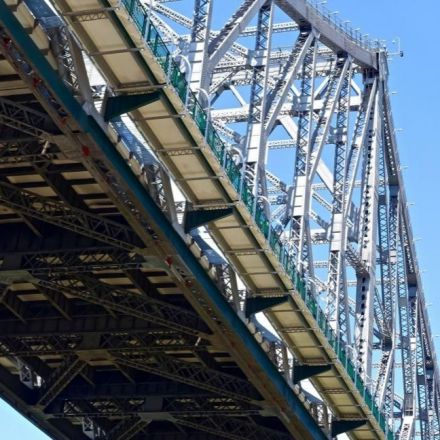
Tuesday, 28 January 2020
Germany is turning 62 military bases into wildlife sanctuaries
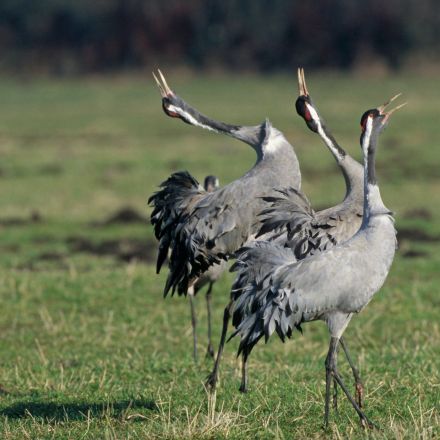
Monday, 27 January 2020
Coyotes Poised to Infiltrate South America
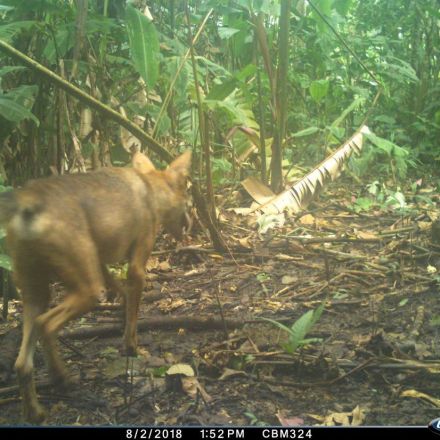
Sunday, 26 January 2020
Why bamboo is a super plant which can help combat climate change (6 amazing benefits and more)
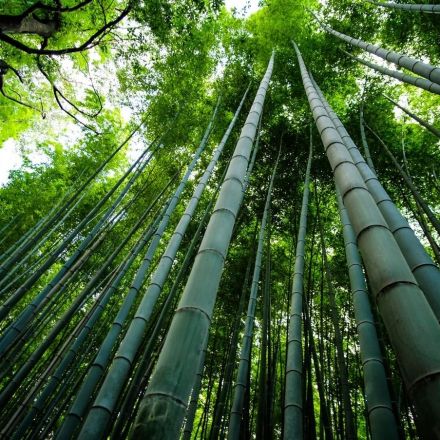
Insecticides have gotten way more toxic to honey bees
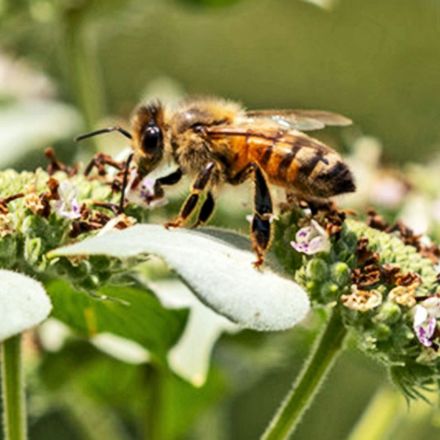
Make big polluters pay for mass tree planting, officials say
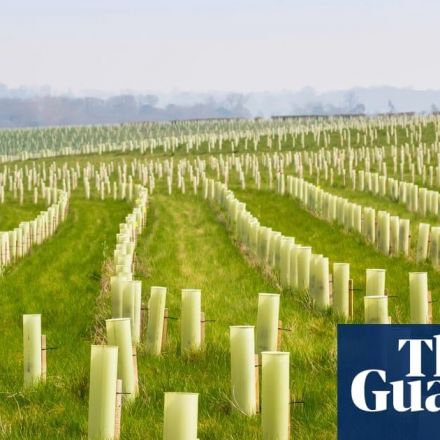
Saturday, 25 January 2020
Company Collects 80% of City's Recyclable Plastics and Turns It All into Lumber
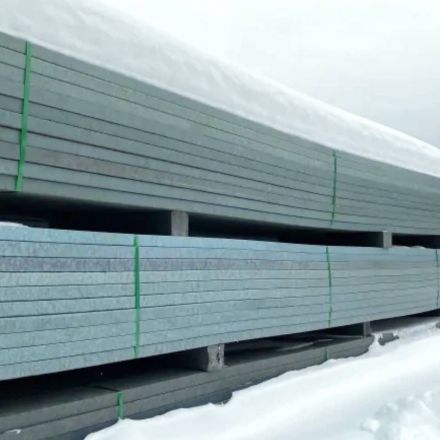
Friday, 24 January 2020
Mount Vesuvius eruption 'turned victim's brain to glass'

Planet Just Had Costliest Decade for Global Natural Disasters: Insurance Industry Report
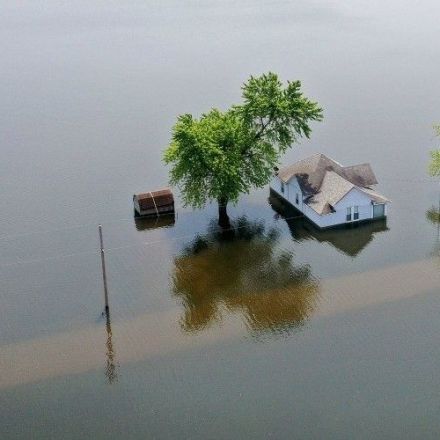
Thursday, 23 January 2020
Urine fertilizer: 'Aging' effectively protects against transfer of antibiotic resistance
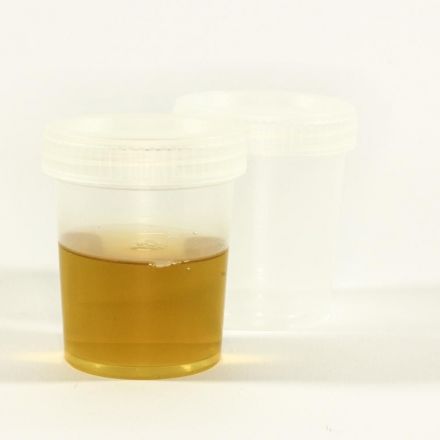
Australia faces falling inflows even as demand for water grows
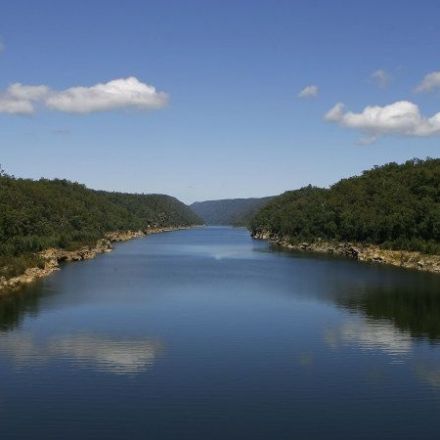
Trump targets Greta Thunberg in barely coherent tirade

Australia to add 3.6GW of new solar and wind to grid in 2020

‘Patsy The Wonder Dog’ Saves 900 Sheep From Australian Bushfires
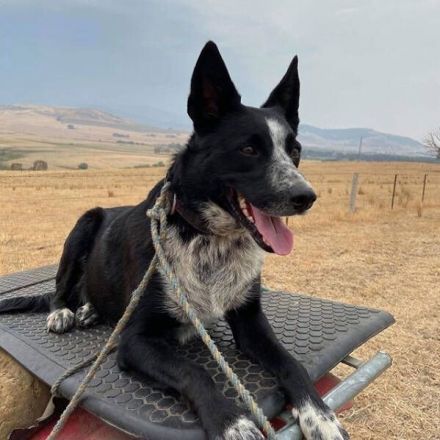
Wednesday, 22 January 2020
People still want plastic bottles, says Coca-Cola

DAVID BRIN: Skeptics versus Deniers: Creating a Climate of 'No!'
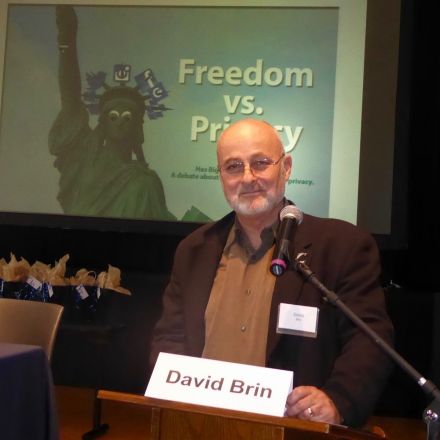
Tuesday, 21 January 2020
Hero Dog Braved Through A Burning House To Rescue His Little Kitten Friend

Sunday, 19 January 2020
Ozone Layer Recovery Is Being Undermined by Pollution From U.S. Companies
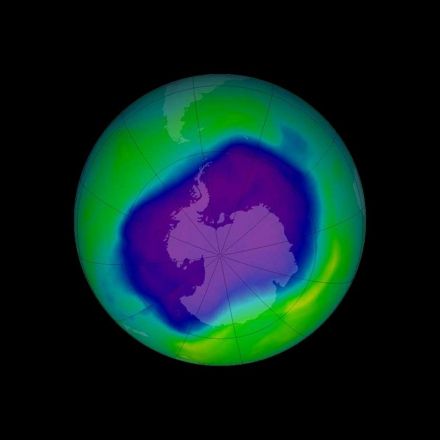
AI suggests Earth has had fewer mass extinctions than we thought
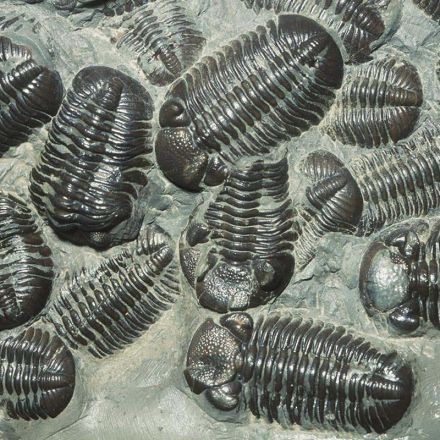
Saturday, 18 January 2020
Guardian and Observer appeal raises £1m for tree charities
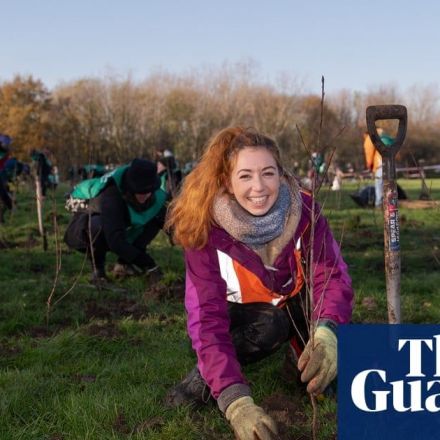
The World's Oceans Are the Hottest They've Ever Been in Recorded History
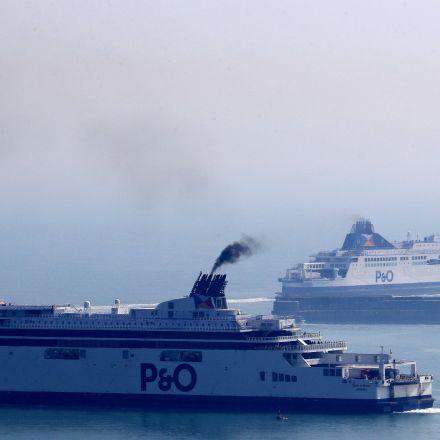
Trump has savaged the environment. The planet cannot afford a second term

Neanderthals 'dived in the ocean' for shellfish
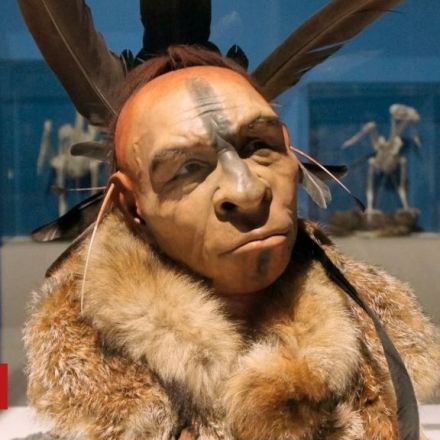
Friday, 17 January 2020
YouTube ads of 100 top brands fund climate misinformation – study
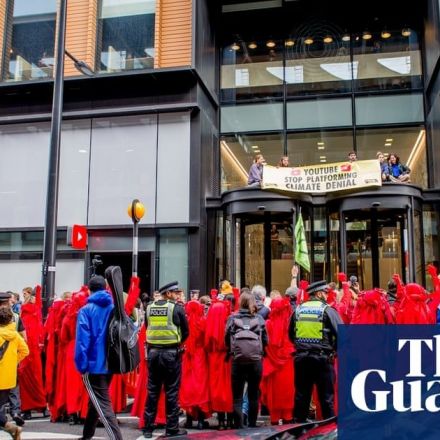
Wednesday, 15 January 2020
Incredible, secret firefighting mission saves famous 'dinosaur trees'
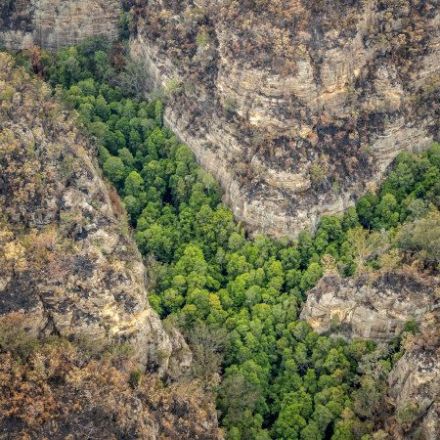
Major breakthrough can turn plant waste into cheap biofuels
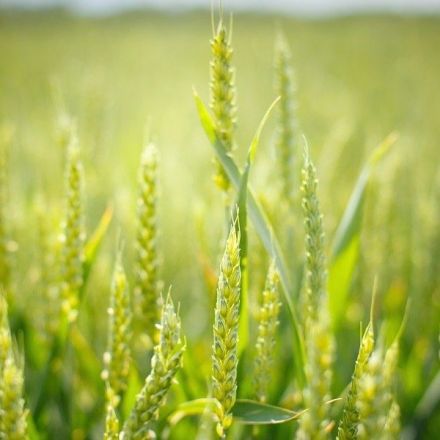
How Google researchers used neural networks to make weather forecasts

Tuesday, 14 January 2020
How Google, Microsoft, and Big Tech Are Automating the Climate Crisis
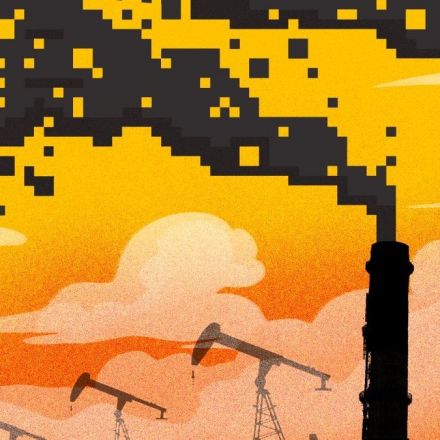
Monday, 13 January 2020
Save the Plankton, Breathe Freely
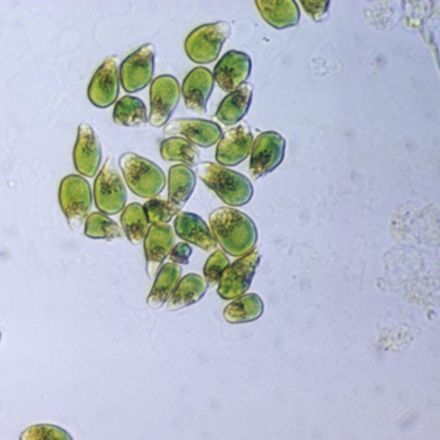
Sunday, 12 January 2020
A viral photo of a tiger and her 5 cubs shows how the species is bouncing back from extinction
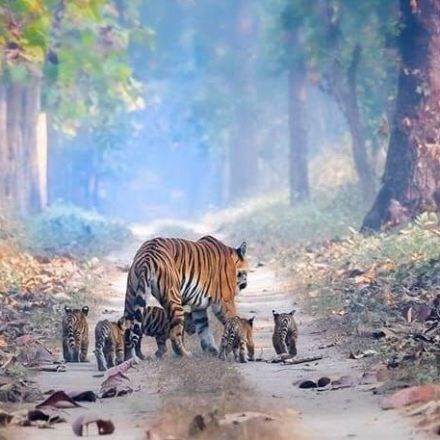
Species-saving tortoise returns to Galápagos
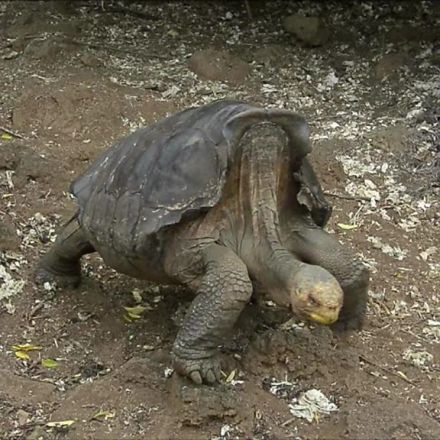
The Amazon is a key buffer against climate change. A new study warns wildfires could decimate it
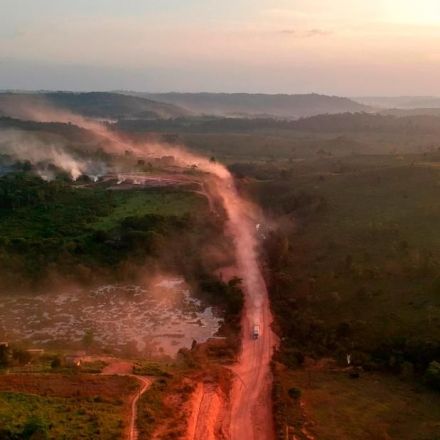
Mushrooms and orange peel: could biotech clean up the building industry?
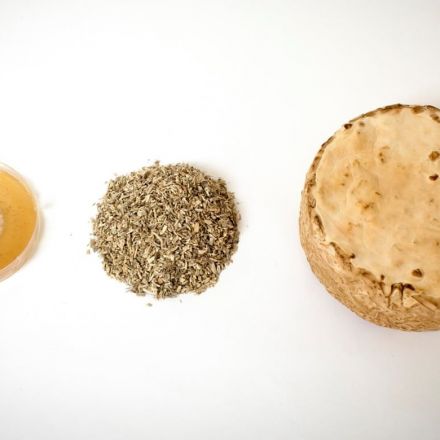
Feces from a giant kettle of vultures is disrupting CBP communications on the US-Mexico border
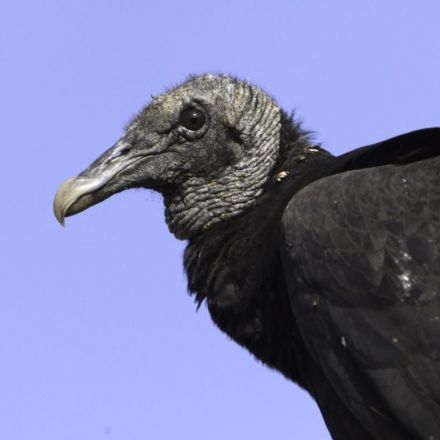
Saturday, 11 January 2020
Grass found growing around Mount Everest as warming climate melts ice
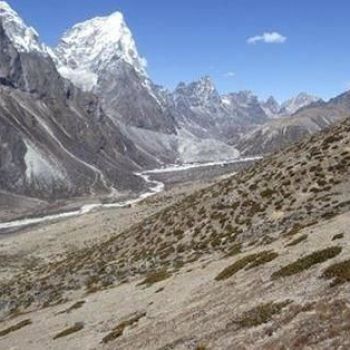
UK Terrorism police list Extinction Rebellion as extremist ideology

Australia's severe wildfires were predicted by the government over a decade ago
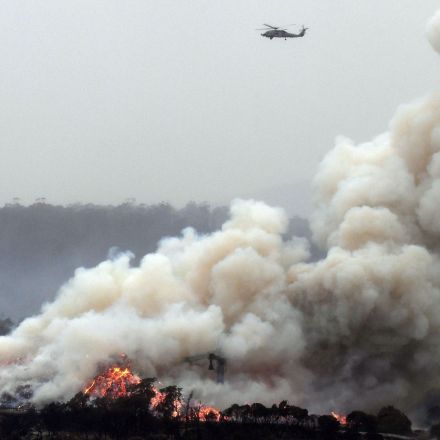
Turn-by-turntables: How drivers got from point A to point B in the early 1900s

African grey parrots are smart enough to help a bird in need
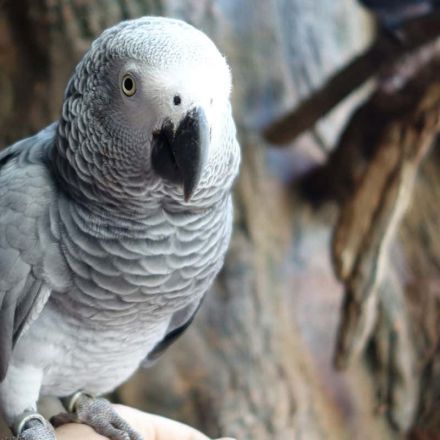
Friday, 10 January 2020
'Like sending bees to war': the deadly truth behind your almond-milk obsession
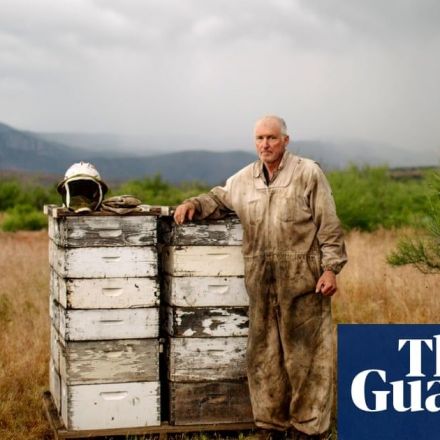
Thursday, 9 January 2020
How Long Will Australia Be Livable?

The Gene Drive Dilemma: We Can Alter Entire Species, but Should We?
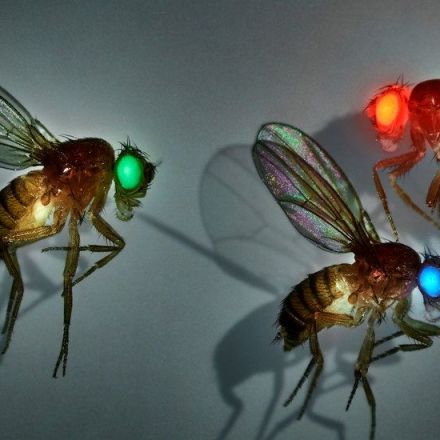
Wednesday, 8 January 2020
10,000 camels in Australia to be shot because they drink too much water
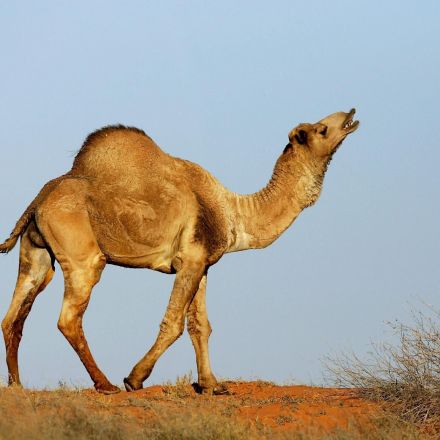
A month at sea with no technology taught me how to steal my life back from my phone
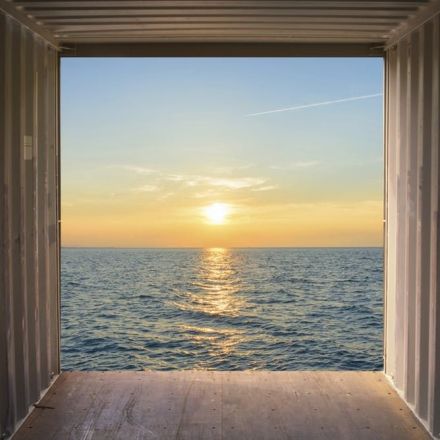
Subscribe to:
Comments (Atom)
